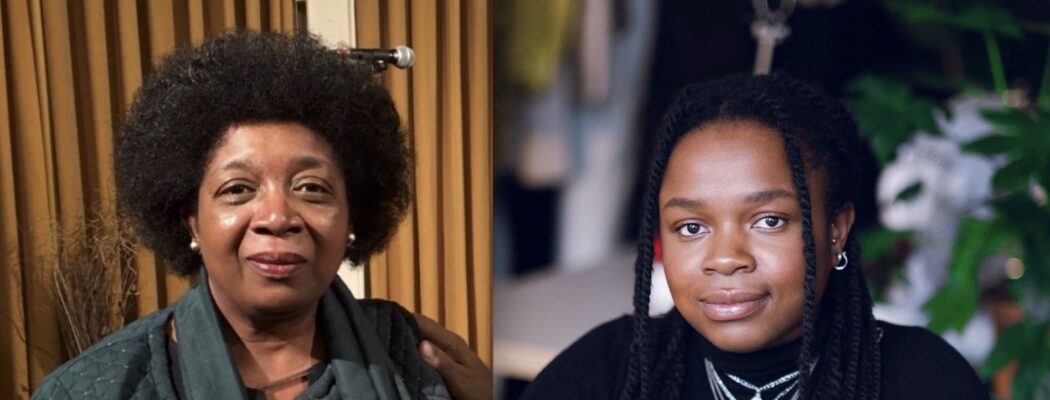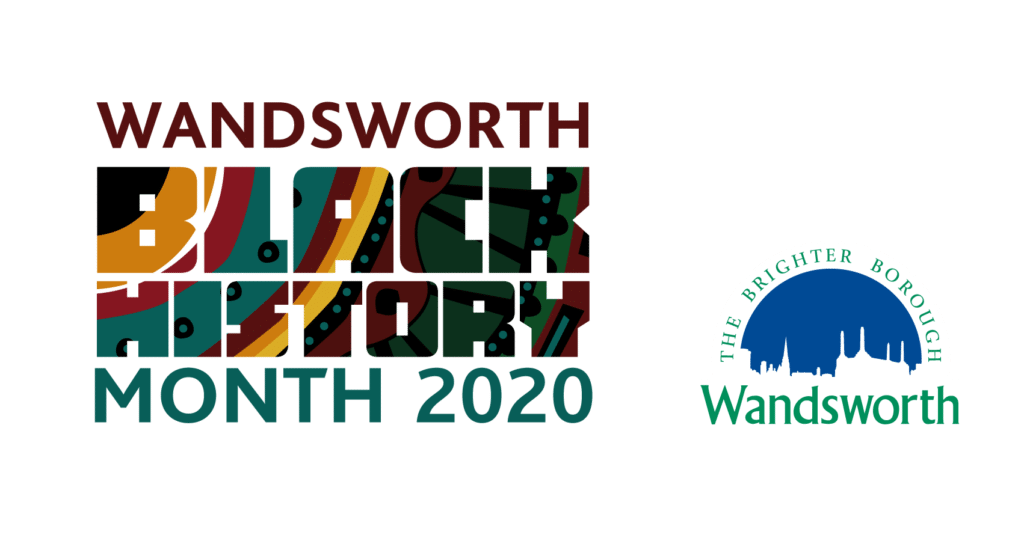In conversation: Niellah Arboine and Dr Velma McClymont

As part of Wandsworth Art’s Black History Month programme, which celebrates and honours the significant contributions Black artists, designers, writers and activists make to Wandsworth’s culture and creative scene, esteemed writers Dr Velma McClymont and Niellah Arboine chat about their journeys as writers, their shared Jamaican heritage; the consequences of underrepresentation and risks of being pigeonholed as a Black woman writer; and the urgent need for more Black authors, editors and publishers so that important stories are shared, preserved, and protected from misrepresentation.
Dr. Velma McClymont is a Jamaican-born British author, poet, community activist, international motivational speaker and former lecturer in Caribbean history and Literature. She has received an Ambassador for Peace award by the Universal Peace Federation. Writing under the name Kate Elizabeth Ernest, Velma has written several children’s books and is currently writing a feminist historical novel. Velma joined her family in Battersea after they left rural Jamaica in the 1960s.
Joining Velma is Niellah Arboine, writer, journalist and lifestyle editor at gal-dem, the award-winning online and print magazine that centres the voices of women and non-binary people of colour. Niellah also writes for Dazed, the Guardian, and has recently hosted a documentary for BBC Radio 4 on the underrepresentation of Black people in the field of journalism. Niellah went to school in Southfields.
In both their careers they celebrate the liberating power of storytelling, champion the marginalised and campaign for improved representation in publishing and journalism, so that individuals from under-represented communities can thrive in life and work, and shine as they deserve.
“As a Black journalist it’s easy to get pigeonholed. A lot of times you’re being commissioned to write about Black pain and that does a whole number on your psyche… We aren’t one dimensional and I want other young Black people to read about the breadth of everything we are and who we are and that is what my work always will centre on.”
Niellah Arboine
“If we want to heal the hurt of colonialism and slavery, it is very important to embrace the full you… healing for me is part of celebrating our language that was hidden and went underground – teachers made you ashamed for speaking Patois.”
Dr. Velma McClymont


